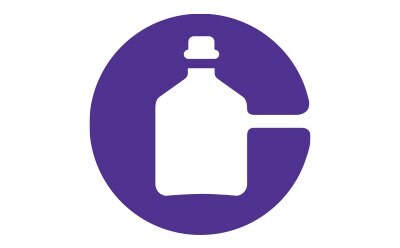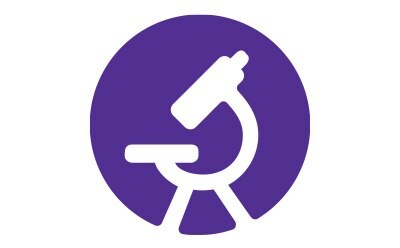Clinical & Forensic Testing
As your partner in clinical testing, we understand the impact of your accuracy and speed on decisions made by healthcare professionals, researchers, and scientists. That’s why our unparalleled portfolio of analytical solutions is backed by guaranteed quality and reliable delivery. Our application-optimized reagents, reference materials, and tools empower every stage of your workflow. And our team supports you with expert technical assistance, for example to design and run lab developed tests (LDTs) for clinical diagnostics. Whether you’re performing LC-MS, PCR, or ELISA testing methods, we’ll help you raise your precision, so that healthcare professionals can trust their decisions.
Benefits
- Superior patient care and safety: comprehensive range of trusted, innovative LC-MS diagnostic solutions for accurate results
- Greater quality control: batch-to-batch consistency, product quality verification, and detection of contaminants or impurities
- Up to date regulations: extensive technical content and global support on drug efficacy, toxicity, and pharmacokinetics
- Speed and convenience: all the products you need available 24/7 on our e-commerce platform with fast, reliable delivery
Clinical Testing Techniques
Select your preferred diagnostic method to review its workflow and directly purchase analytical products.
Related Articles
- The conversion of clinical methods to LC/MS/MS offers advantages; however, is accompanied by a few limitations, notably interference effects from the endogenous sample matrix.
- See All (0)
Related Protocols
- This study demonstrates the analysis of Warfarin in plasma samples utilizing chiral and achiral (reversed-phase) LC-MS and effective sample prep to remove endogenous phospholipids
- Accurate measurement of specific proteins in urine is important for diagnosing and managing diseases.
- Efficient LC-MS separation of methamphetamine enantiomers in urine allows sensitive differentiation of illicit D-methamphetamine from over-the-counter L-methamphetamine.
- Optimized sample prep and chiral chromatography methods for the LC/MS analysis of these drug enantiomers in urine
- This report demonstrates the potential of solid phase microextraction as a clinical research tool for the extraction of VOCs associated with lung cancer from human breath.
Find More Articles and Protocols
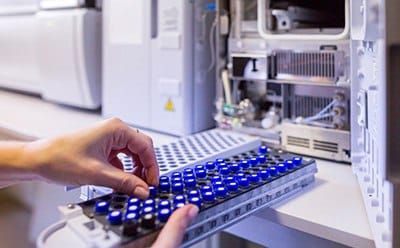
LC-MS is a powerful analytical technique used more and more in clinical laboratories to analyze complex mixtures and identify and quantify various substances, such as drugs, metabolites, and biomarkers, in patient samples. It offers, often in combination with distinct and robust sample preparation techniques -depending on sample and analyte type, high sensitivity, selectivity, allowing for accurate and fast results for targeted determinations and screenings. LC-MS is particularly valuable in detecting low concentrations of analytes and in identifying unknown compounds, making it an essential tool for enhancing patient care and improving treatment outcomes in today's clinical labs in hospitals. Fundament for reliable results are suitable standards such as certified reference materials to ensure accurate identifications and quantifications.
Applications
LC-MS Workflow

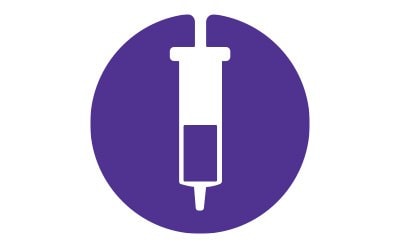
Sample Preparation
Effective sample prep is critical to accurate and efficient analysis. Improve your analysis and protect your instrument by concentrating and purifying your sample
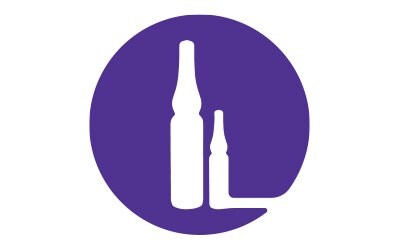
Standardization and Calibration
Reference materials are a critical component of analytical testing workflows and broader quality assurance schemes. Qualify and calibrate your instruments and assays.
- Pharmaceuticals
- Illicit Substances
- Biomarkers

Chromatographic Separation and Analysis
Columns, solvents, reagents and accessories have a critical impact on the accuracy, reliability and efficiency of your analysis. Leverage the available technical resources to optimize your approach.
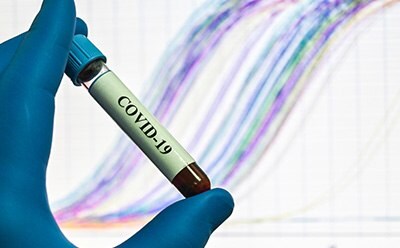
PCR testing is used to analyze the presence, length, or sequence of DNA or RNA. The PCR workflow starts with sample collection, followed by sample preparation, and concludes with DNA/RNA target-specific amplification. Typically, the post-amplification analysis is performed via qPCR in which quantification is performed in real time during the amplification cycles. An alternative is end-point PCR in which results are determined after the amplification cycles have been completed. A key goal in preparing a DNA or RNA library for next generation sequencing is to maximize complexity while reducing PCR or other amplification-introduced biases, as the quality of the resulting library can strongly impact NGS results.
Applications
- Infectious disease screening and identification
- Genetic screening
- Oncology
- Prenatal testing
PCR Workflow and Products

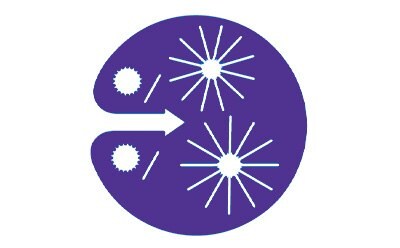
Sample Amplification & Analysis
- Custom RUO Primers & Probes
- Custom ISO 13485 Primers & Probes
- Custom cGMP Primers & Probes
- DNA Amplification Enzymes (e.g. Taq)
- Reverse Transcription (RT) Enzymes
- PCR Amplification Reagents incl. Buffers, Salts and Nucleotides (dNTP)
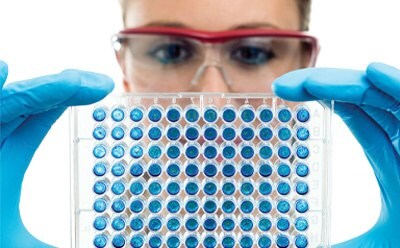
Enzyme-linked immunosorbent assay (ELISA) is an immunoassay technique widely used for high-throughput screening and quantification of antibodies, proteins, peptides, and other small molecules. ELISAs are typically run on a 96-well plate format. Plates can be supplied ready to use for in vitro diagnostics (IVDs) or prepared in-house for lab-developed tests (LDTs).
Applications
- Oncology
- Infectious diseases
- Drugs of abuse screening
- Hormone measurement
- Immune function/immunology
ELISA Workflow and Products
To continue reading please sign in or create an account.
Don't Have An Account?

